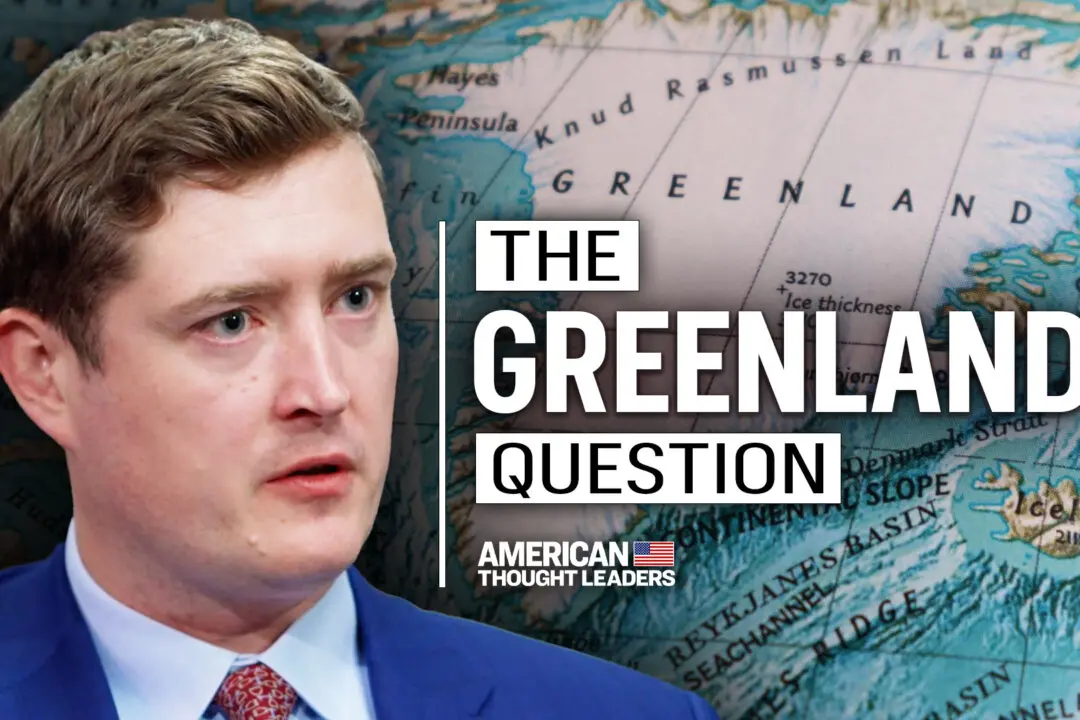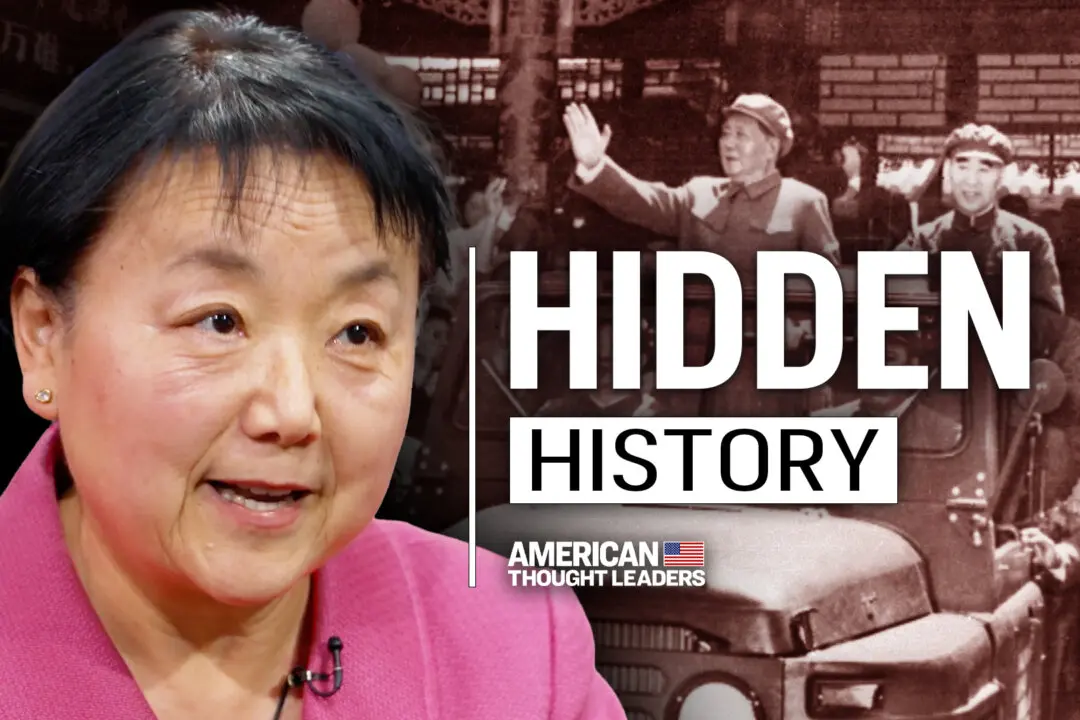“What we’re seeing right now is a China which is lashing out at everybody,” says China analyst Gordon Chang.
In addition to its encroachments on Hong Kong and the first fatal border clash with India in 45 years, “you’ve got the boat bumping and other incidents in the South China Sea, East China Sea; the increased tempo of dangerous intercepts of the U.S. Navy in the global commons; the repeated threats to invade Taiwan; all of these hostile words, these disinformation campaigns directed against the United States and others,” he said.





